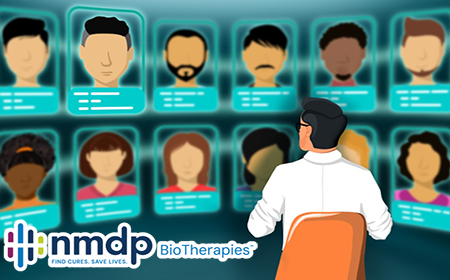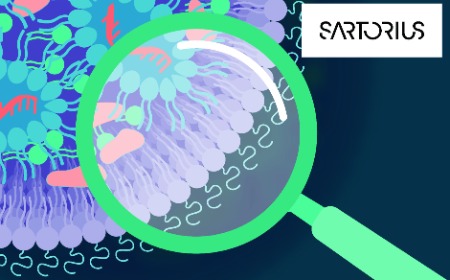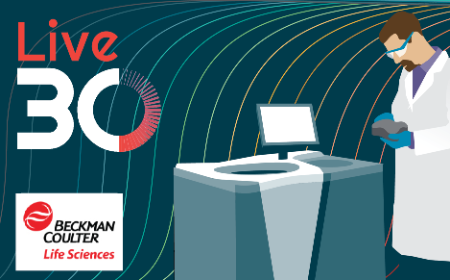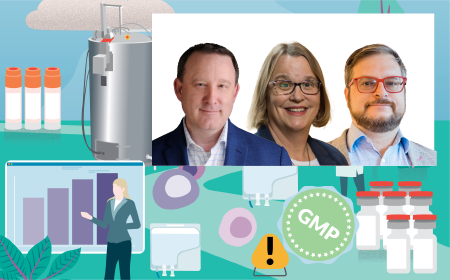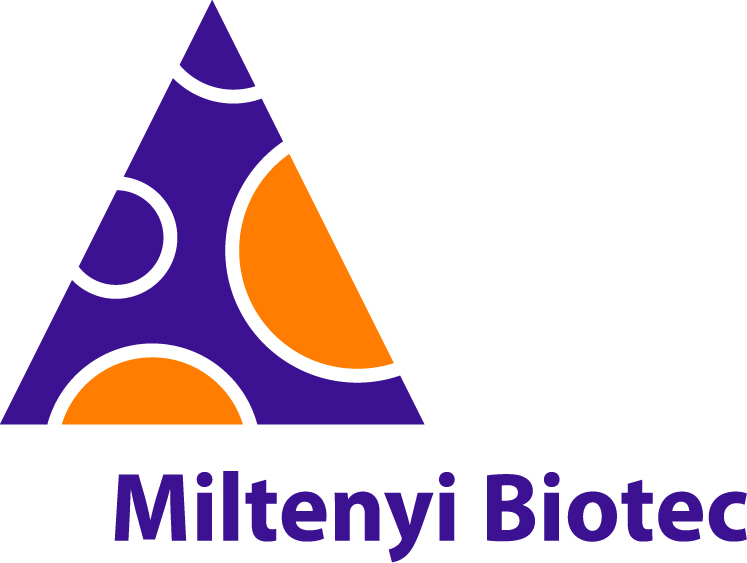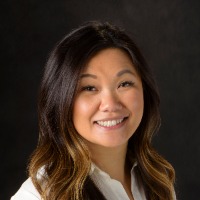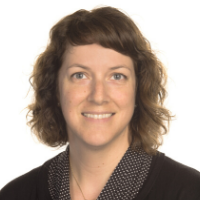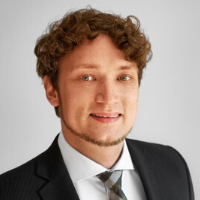While effective protocols for the isolation and expansion of pan T cells for adoptive cell therapies have been developed over the past decade, many challenges persist in using other effector cells, such as: antigen-specific T Cells, tumor-infiltrating lymphocytes (TILs), or mesenchymal stem cells (MSCs). One such challenge is the lack of a GMP-compliant platform for multiparametric enrichment of these cells.
As treatments with these cell types for solid tumors and non-malignant diseases become more prevalent, improving the processes governing their enrichment will help the clinical translation of new therapies.
In this roundtable discussion, we will look at how a GMP-compliant flow cytometry-based cell sorting platform, the MACSQuant® Tyto® Cell Sorter, helps scientists in clinical and commercial settings enrich cells for use in clinical trials and research.
After an introduction of this new technology, key opinion leaders will share their experiences using the MACSQuant Tyto Cell Sorter.
Attendees learn:
- Which new options are available for the enrichment of effector cells for clinical use in adoptive cell therapies
- The benefits of the MACSQuant® Tyto® cell sorting technology and associated GMP-grade consumables and reagents
- How the system helps advance clinical trials and clinical research in commercial and academic settings
[#speakersPlaceHolder]
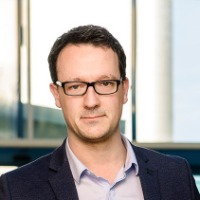
Steve Elliman
CSO at Orbsen Therapeutics Ltd
Dr Stephen Elliman is Orbsen’s Founding Scientist and Chief Scientific Officer. Steve’s PhD focused on describing and defining human stromal stem cell (SC) populations derived from human bone marrow using various methods and culture regimen. Steve then obtained a Postdoctoral Fellowship to develop SC as a drug discovery platform in the Diabetes and Metabolism Disease Area (DMDA) at the Novartis Institute for Biomedical Research in Boston, USA. This program revealed anti-diabetic properties of kinase inhibitors such as Imatinib (Gleevec), the HSP90 inhibitor AUY-922 and a program that advanced the anti-DDK1 antibody (BHQ880) to early stage clinical studies in patients with myeloma.
In 2008, Steve obtained a EU Marie Curie Transfer of Knowledge Fellowship to transfer SC technologies from Novartis to the National University of Ireland in Galway. Simultaneously, he joined Orbsen Therapeutics as part of the PurStem EU FP7 program to identify novel SC surface markers that would enable prospective isolation for therapeutic use. In 2010, he identified CD362/Syndecan-2 as a novel surface marker of SC and patented the technology in 2012. In 2012, he conceived the EU REDDSTAR program, which led to the first rounds of private investment for Orbsen. Orbsen has since grown from one employee to a team of 18 and Steve has led the discovery, development and translation of the proprietary CD362-MSC technology as part of the EU FP7 PURSTEM, Decide ITN, BRAINMATTRAIN ITN, REDDSTAR EU FP7, MERLIN EU clinical trial, VISICORT EU FP7, NEPHSTROM Horizon 2020 consortia, the Wellcome Trust funded REALIST clinical trial and Innovate UK funded POLARISE study – whilst heading up Research & Development at Orbsen Therapeutics.
Ivy Lai
Lab Manager at MD Anderson Cancer Center
Ivy is a graduate of the University of Washington (Seattle, WA) with a degree in Cellular, Molecular and Developmental Biology. She has over 10 years’ experience in adoptive T cell therapy, working with Dr. Cassian Yee, a 13-year pioneer in the generation of antigen-specific T cells targeting solid tumor cancers. She specializes in and is responsible for training the next generation of scientists in clinical manufacturing, clinical grade cell sorting, and T cell generation for multiple clinical trials targeting various tumor sites.
Sandy Pelletier
Research Associate, CRCHUM at University of Montreal
Sandy has been the Scientific Coordinator of the ACT Immunotherapy Program at the Centre de Recherche du Centre Hospitalier de l’Université de Montréal since 2016. She works under the supervision of Drs Simon Turcotte and Réjean Lapointe to develop new clinical trials focusing on TIL ACT to treat metastatic cancers. She has been instrumental in the establishment of cGMP manufacturing of these cell products. Prior to this, Sandy was a research associate in Dr Turcotte’s laboratory, specializing in translational tumor immunology. She obtained her PhD in Immunology in 2013, and her MSc in Biomedical Sciences in 2007, both from the Université de Montréal.
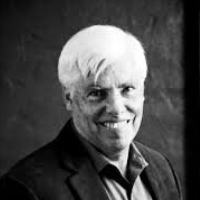
Jack Dunne
Consultant at Miltenyi Biotec
Jack is a scientific and business executive at Miltenyi Biotec (formerly Owl Biomedical). His PhD from Purdue University, and his post-doctoral work at UC Irvine, allowed him to focus on technologies important in measuring the differentiation of cells. He has acquired 30 years’ experience in applications and instrument development in flow cytometry and imaging cell analysis. He has been able to contribute significantly to the development of new research tools to aid in the understanding of normal and pathological cell behavior, particularly as related to immune responses. At Syntex Research and at BD Biosciences, his work centered on the practical aspects of the analysis of blood cells stimulated ex vivo, with the intention of uncovering drug-related cell behavior; potential biomarkers to aid in the development and clinical management of novel therapeutics. Most recently, his responsibilities focus on enabling novel cellular therapies by specific development and application of cell purification technologies, including the MACSQuant Tyto Cell Sorter.
Felix Eppler
Global Product Manager, Cell Sorting at Miltenyi Biotec
Before joining Miltenyi Biotec as Global Product Manager for the MACSQuant® Tyto® Cell Sorting System in 2018, Felix worked as a research associate at the LIMES Institute, University of Bonn, Germany, with a strong focus on Molecular Immunology and Cell Biology. He obtained his PhD in Molecular Biomedicine from the University in Bonn in 2017.

